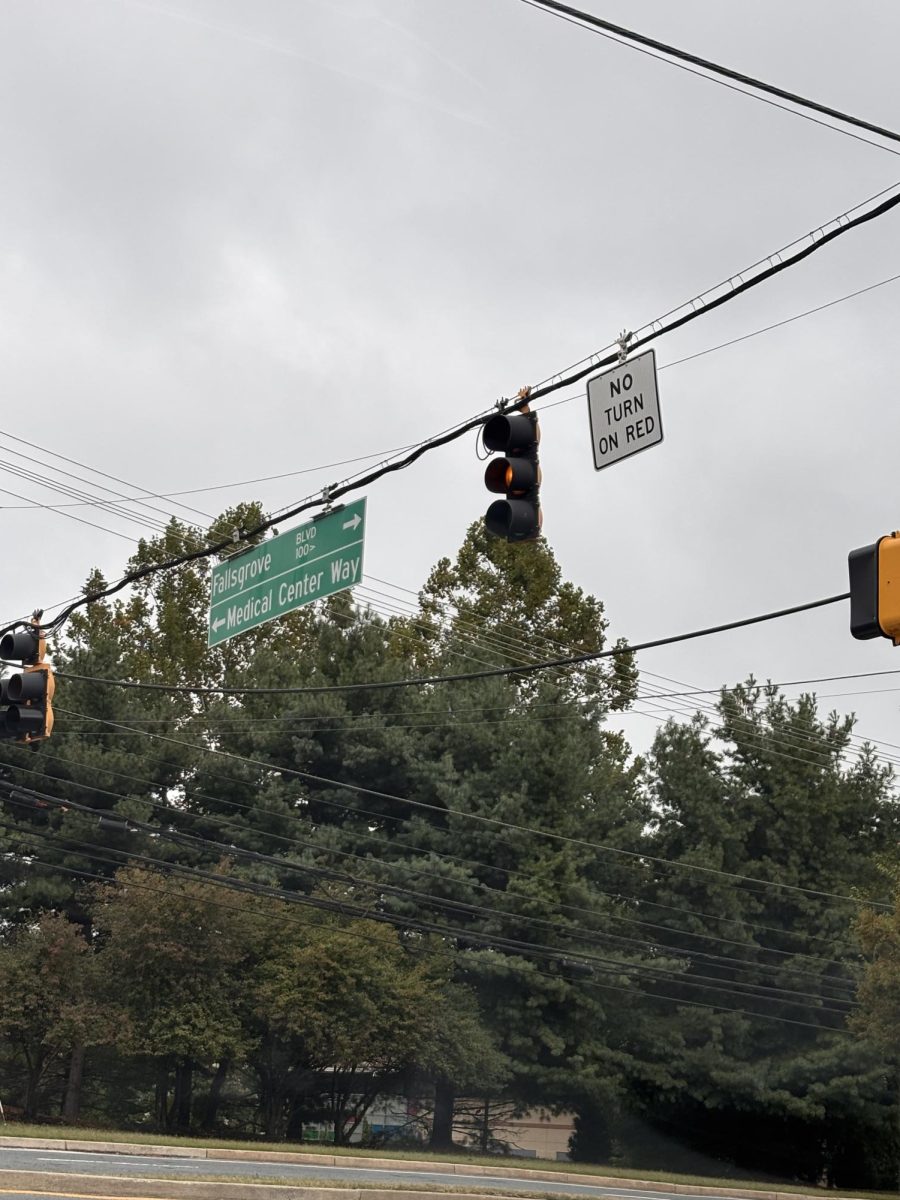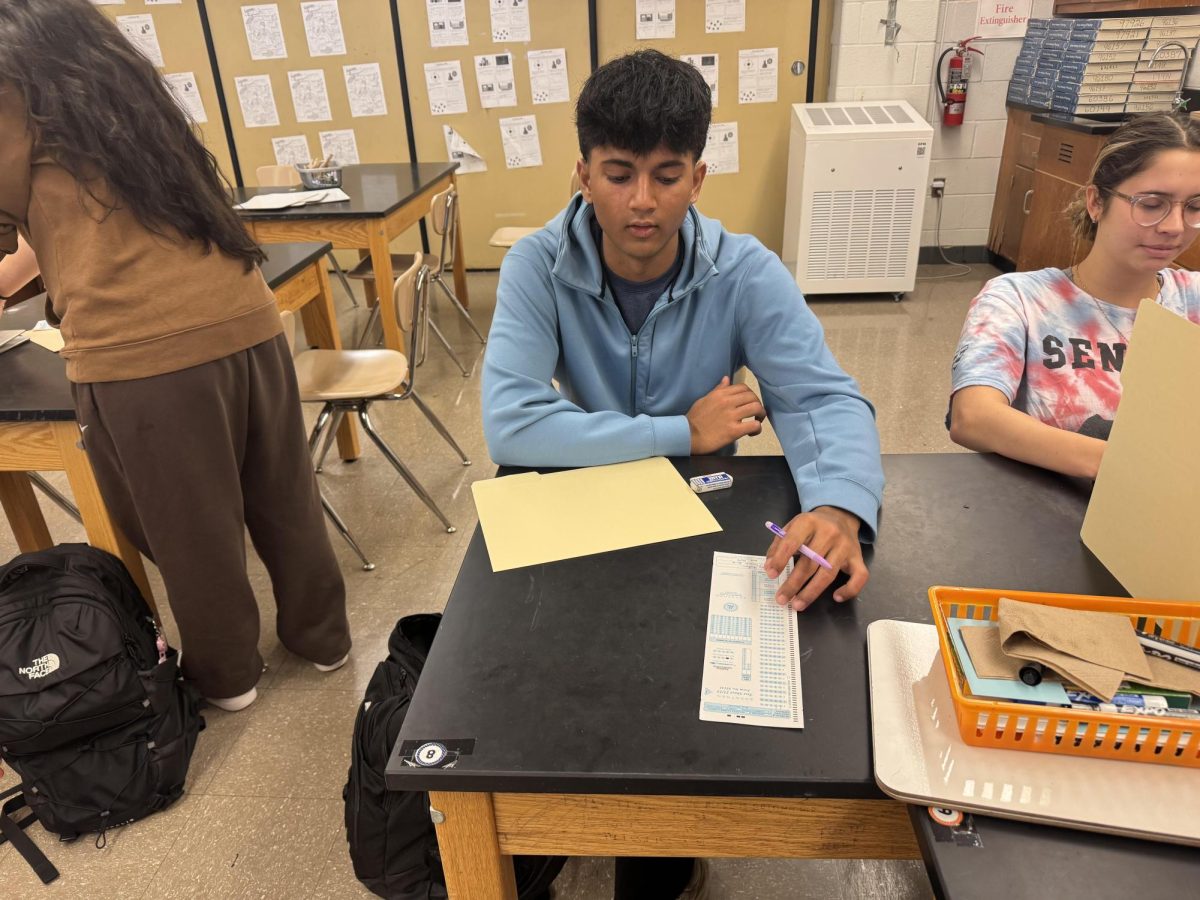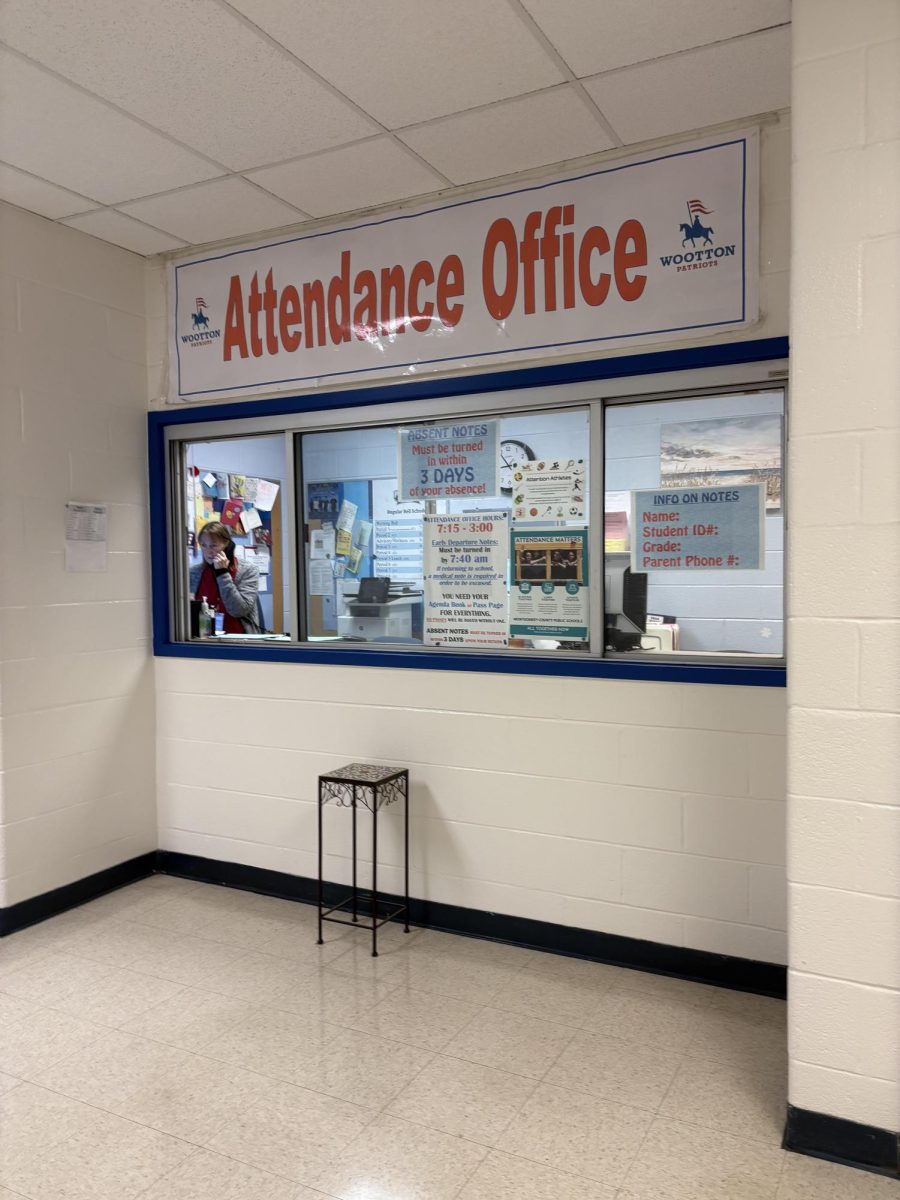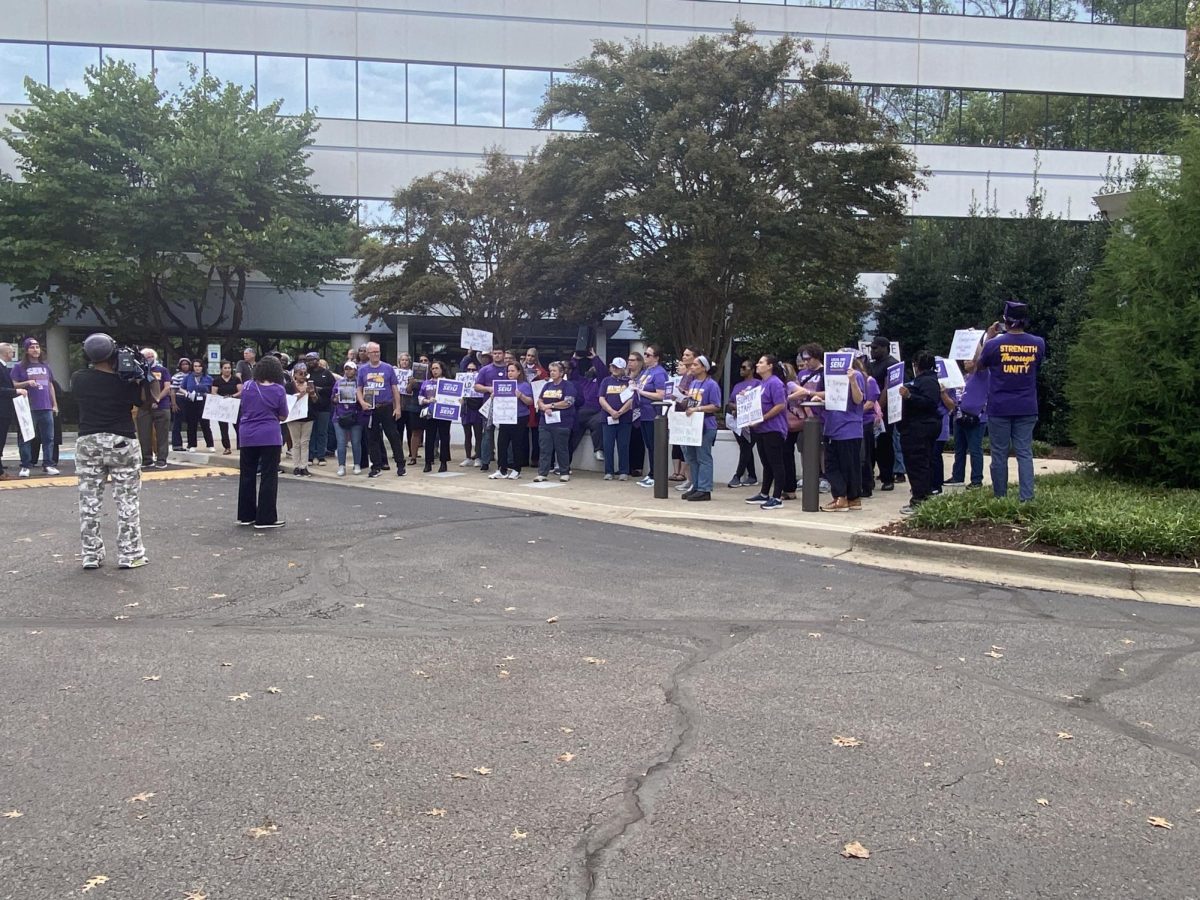Jonnie Voyta
staff writer
Each year this school’s Model United Nations (MUN) team travels to conferences at schools and universities up and down the Mid-Atlantic to compete in conferences against other schools. However, this year the MUN team stayed home on Oct. 20 to host their second MUN conference here at this school. MUN students from this school organized the conference, co-chaired committees and/or participated for practice.
The MUN team had prepared for this conference to ensure the best outcome. The team consists of about 50 members who regularly attend meetings each week and participate in the club. This year’s team has big expectations to live up to after last year’s team won two delegation awards and was ranked in the top 25 high school MUN teams in North America by bestdelegate.com.
The conference was organized by seniors Xiwei Peng and Shaily Acharya, the presidents of the MUN club. They were responsible for coming up with the different topics and questions that were discussed at the conference. They also invited other schools to compete in the conference. Over 10 other schools participated, including Churchill and Richard Montgomery. “We’re so happy that we’re establishing a closer network with other Montgomery County schools,” Peng said.
Peng hopes the conference enhanced students’ debating skills and helped prepare them to deal with real world issues. Peng also views the conference as an opportunity as the new co-president of the club to connect with the students. “The mentors’ ability to foster close connections within the students is something that I’ve never had with anyone else, and I can say that everyone else has since become a friend,” senior Eric Yao said.
The conference lasted from 8 a.m. to 5 p.m., starting off with students breaking off into their committees for the day, in which they debate a specific topic. The topics generally cover a variety of issues that are relevant to current world issues. They also consist of a range of questions from the use of biological weapons to mitigating the effects of overpopulation. One committee, the United Nations Educational, Scientific and Cultural Organization, discussed Access to Education in War-Torn Areas.
In each committee, there are moderated caucuses (formal debate) and unmoderated caucuses (informal discussion) where delegates can share their stances on the issue. Each individual is evaluated based on the strength of argument and solutions proposed, which are formalized in written resolutions and then voted on by the whole committee.
During the conference, this school’s team dominated the competition by providing strong arguments. While the team’s performance normally would earn an award after the competition, this school decided to not award themselves in order to maintain impartiality. “We had a stellar performance and normally I think we would’ve earned an award, but it would’ve been unfair to give ourselves an award because we hosted the conference,” Peng said.







